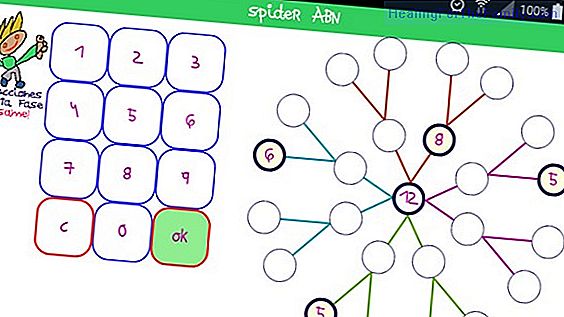4 Reasons to put limits on children
It is important that children learn how far they can get in their relationship with their parents. In the development of their personality, the little ones rehearse and check these limits and they will test adults on numerous occasions. The absence of norms in the family can have negative consequenc
It is important that children learn how far they can get in their relationship with their parents. In the development of their personality, the little ones rehearse and check these limits and they will test adults on numerous occasions.
The absence of norms in the family can have negative consequences for our children. We tell you what are the real reasons why we should put limits on children.
Why we have to put limits on children

Among all the existing reasons to put limits on children, these are the most important:
1- They give security
Parents are the children's reference. They are the guide that teaches them what is right and what is wrong. All this happens because there are some rules and limits that parents use as a tool to teach them how to act in different situations. These limits mark the path for the child to follow and this gives him security. If these norms do not exist, the child may feel lost because he has no clear path to follow and this will ultimately affect his confidence in the world around him.
2- They are essential for their education
Educating children means accompanying them during their development with love and dedication to help them to be balanced people. To achieve this, limits and norms are important, and knowing how to say "no" in time. For many parents there is a reluctance to say no to their children and to indulge their needs and desires to achieve their happiness. This may seem positive, it is not. Therefore, saying "no" to children will be beneficial for their education. In doing so, the limits and norms that will make the child more emotionally capable and happier will be shaped.
3- Transmit values
When setting limits, parents mark in their children the behaviors that are correct and those that are incorrect. At first these rules are only rules that have to be met, but as they are put into practice, children are internalized and learn the values behind them, such as: respect, solidarity, patience, etc.
4- It helps them "behave"
The limits mark the child how to act. By following them, the child will be more likely to have good behavior and will receive more praise and this will help create high self-esteem. By achieving greater self-esteem the child will continue to carry out actions considered "good" by the environment and therefore will "behave well".
What should be the limits we put on children
For all the above reasons, it is important for the limits to be spoken, defined and agreed upon by the parents. That is to say, that the nature of the limits is to guide the children and to avoid putting them without thinking for a moment of anger due to the bad behavior of the children.
For the limits to function must be consistent with the idea that parents have of what is good behavior and what they expect from their children. Therefore, each family will be responsible for defining their own limits based on what is most important to them.












